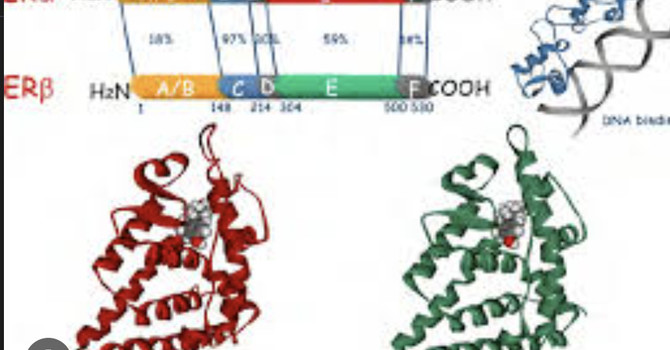Osteopenia and Osteoporosis:
A Comprehensive Guide for Bone Health During and After Menopause

Anat Sapan, MD
December 8, 2023


Osteoporosis, a critical health concern worldwide, particularly affects women post-menopause. With a staggering 50% of women over 50 at risk of osteoporosis-related fractures, understanding and managing bone health is essential. This comprehensive guide explores the causes, menopause's impact on bones, and effective strategies for prevention, management, and potential reversal of bone density loss.
Bone density, a measure of the concentration of minerals in our bones, is crucial for determining bone strength and health. Low bone density leads to osteoporosis, characterized by brittle bones and a heightened risk of fractures. Post-menopause, women experience a more rapid decline in bone density due to hormonal changes, making the maintenance of healthy bone density a priority.
Several factors impact bone density, especially around menopause:
While osteoporosis can be asymptomatic, certain signs can indicate lower bone density:
It's never too late to start focusing on bone health:
To halt or reverse bone damage:
Diet plays a pivotal role in bone health:
The Dual-Energy X-ray Absorptiometry (DEXA) scan is a critical tool for diagnosing osteoporosis. It measures bone density at various sites, typically the hip and spine, providing a detailed assessment of bone health. This non-invasive test helps in early detection, allowing for timely intervention and management of osteoporosis.
Estrogen plays a vital role in maintaining bone density. It helps balance bone formation and resorption, a process where old bone is replaced by new bone. Post-menopause, the decline in estrogen levels accelerates bone loss, increasing the risk of osteoporosis. Hormone Replacement Therapy (HRT) can be considered to mitigate this risk, although it should be carefully evaluated for individual suitability.
Progesterone, another key hormone, works in tandem with estrogen in maintaining bone health. It stimulates bone-building cells and has a regulatory effect on bone metabolism. The balance between estrogen and progesterone is crucial for optimal bone health, especially during the menopausal transition.
In conclusion, understanding the dynamics of bone health, especially in the context of menopause, is crucial. Regular DEXA scans, attention to hormonal changes, and a proactive approach towards diet, exercise, and lifestyle can significantly influence bone health. Consultation with healthcare providers for personalized strategies remains key to maintaining strong and healthy bones.
Dr. Anat Sapan MD specializes in menopause care offering telemedicine services in California and Florida. Her approach combines personalized BHRT with lifestyle strategies to help women overcome menopausal symptoms and enhance their quality of life.

Anat Sapan, MD
Contact MePhone: 510-929-4104
Fax: 510-281-0611
Email: info@doctoranat.com
Office Hours
Mon to Fri 9AM - 5PM


